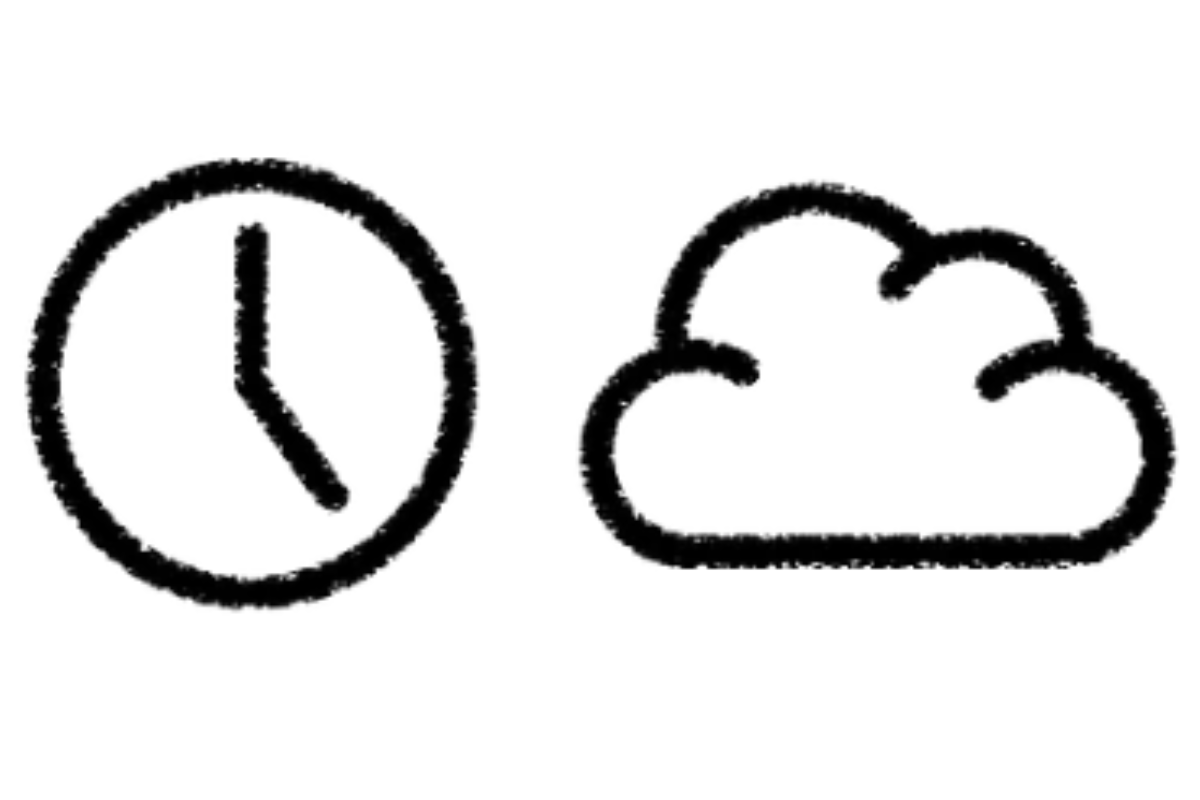
'The Complexity Spectrum', Rob Ricigliano
Systems change offers a way to address complex social issues like poverty and homelessness by moving beyond traditional, linear problem-solving. This blog contrasts ‘clock’ problems, which are solvable with structured solutions, with ‘cloud’ problems, requiring ongoing adaptations. It emphasises the need to shift from quick fixes to fostering resilience, healing relationships, and supporting long-term system health to address deep-rooted challenges effectively.
View resourceSummary
This blog explores systems change as a response to complex social challenges, advocating a shift from traditional problem-solving approaches to those suited for addressing intricate, dynamic systems. The author distinguishes between ‘clock’ (complicated but solvable) and ‘cloud’ (complex and adaptive) problems. While clock problems are addressed with linear solutions, cloud problems like poverty or homelessness require ongoing adaptations to underlying patterns rather than direct fixes.
A key argument made is systems change demands a mindset shift from quick fixes to supporting the health of systems over time. This approach is characterised by fostering resilience, healing relationships, and acknowledging the system's intricate nature rather than imposing solutions.

We’d love to hear from you!
Reach out to one of our team members, and share input and ideas about how we can evolve Understorey.
Get in touch